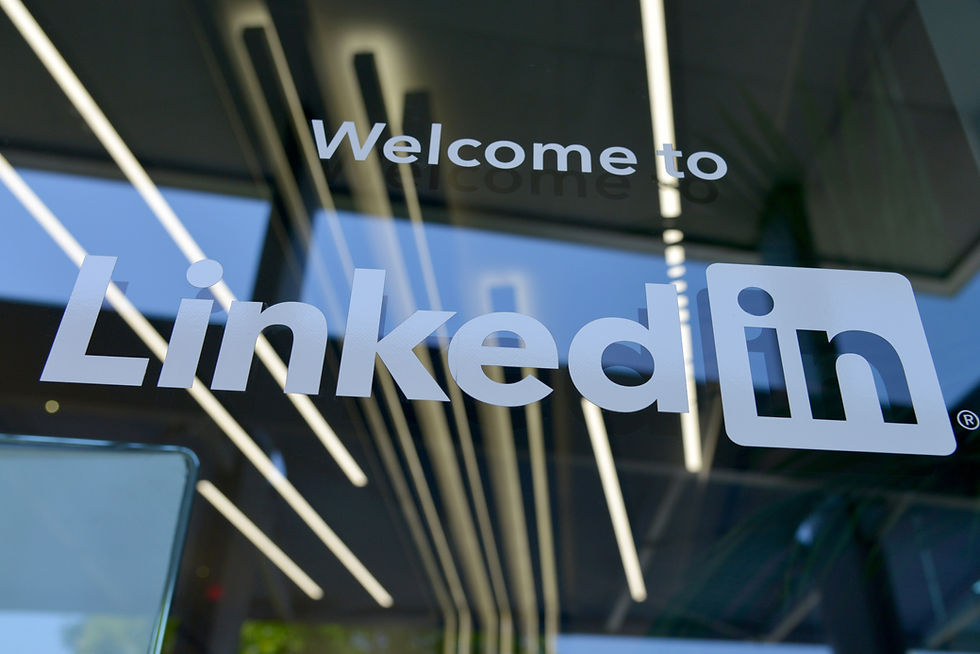How to Make Your Small Marketing Budget Work Like a Big One
- Jennifer

- Mar 16, 2025
- 3 min read
Small businesses often need to create significant impact with limited marketing resources. This article will give you some tips about how to stretch your marketing Euro further while achieving meaningful results.

Smart Content Reuse
The cornerstone of budget-friendly marketing is getting maximum value from every piece of content you create. Start with a core piece of content, then transform it strategically:
Transform a comprehensive blog post into:
A series of targeted social media posts with eye-catching visuals
Short-form video content for platforms like Instagram or TikTok
An email newsletter series that deep-dives into specific aspects
A downloadable PDF guide for lead generation
A presentation for virtual events or webinars
For example, if you write an in-depth article about sustainable business practices, you could:
Extract key statistics for LinkedIn posts
Create before-and-after case studies for Instagram
Develop a checklist for sustainable business transformation
Record a podcast episode discussing implementation strategies
Data-Driven Decision Making
Instead of spreading your budget thin, use data to identify and double down on what works:
Track and analyse:
Customer acquisition costs by channel
Lifetime value per customer segment
Engagement rates across different content types
Conversion rates for each marketing initiative
For instance, if your data shows that email marketing drives 60% of your conversions while consuming only 20% of your budget, consider reallocating resources from lower-performing channels.
Building Strategic Partnerships
Leverage partnerships to extend your reach without extending your budget:
Create mutually beneficial relationships through:
Co-marketing initiatives with complementary businesses
Guest posting exchanges with industry peers
Joint webinars or events that split costs and multiply audience reach
Shared content creation with industry experts
Smart Technology Investment
Choose tools that provide multiple functions rather than single-purpose solutions.
Essential marketing stack recommendations:
All-in-one CRM systems that handle email marketing, contact management, and analytics
Social media management platforms with scheduling and analytics capabilities
Content management systems with built-in SEO tools
Marketing automation tools that scale your efforts
Maximising Free and Low-Cost Channels
Focus on high-impact, low-cost marketing channels.
Organic growth strategies:
Optimise your Google Business Profile for local SEO
Build an engaged community on one or two key social platforms
Create valuable content that answers common customer questions
Encourage and manage customer reviews systematically
Develop an email list through valuable lead magnets
Strategic Outsourcing
While determination and DIY spirit are admirable, knowing when to bring in specialists can actually save both money and time in your marketing journey. Marketing professionals bring years of specialised experience and industry connections that can fast-track your success.
When you partner with experts for specific aspects of your marketing - whether it's crafting compelling copy, designing scroll-stopping visuals, or planning strategic PR campaigns - you're not just delegating tasks. You're investing in expertise that can multiply your marketing effectiveness.
Think of it this way: Just as you're an expert in your business domain, marketing specialists live and breathe their craft. They stay current with industry trends, have tested what works (and what doesn't), and can help you avoid costly mistakes.
Often, what might take you days to figure out through trial and error, they can execute brilliantly in hours. This expertise doesn't just save time - it can significantly improve your ROI by ensuring your marketing budget is invested in strategies that actually work.
You don’t have to do everything yourself.
Hire freelance designers, writers, or marketing consultants.
Consider PR firms for media exposure.
Get experts to handle specific tasks efficiently. Outsourcing can save time, improve quality, and even be cost-effective in the long run.
Setting and Measuring Goals
Establish clear, measurable objectives:
Set specific monthly and quarterly targets
Focus on metrics that directly impact revenue
Review and adjust strategies based on performance data
Document successful approaches for future campaigns
A limited marketing budget requires strategic thinking, not limitations on impact. By focusing on data-driven decisions, maximising content value, and building strong partnerships, you can create a marketing strategy that delivers substantial results without substantial spending.
Remember: Success in marketing isn't always about having the biggest budget – it's about making intelligent choices with the resources you have.
.png)


